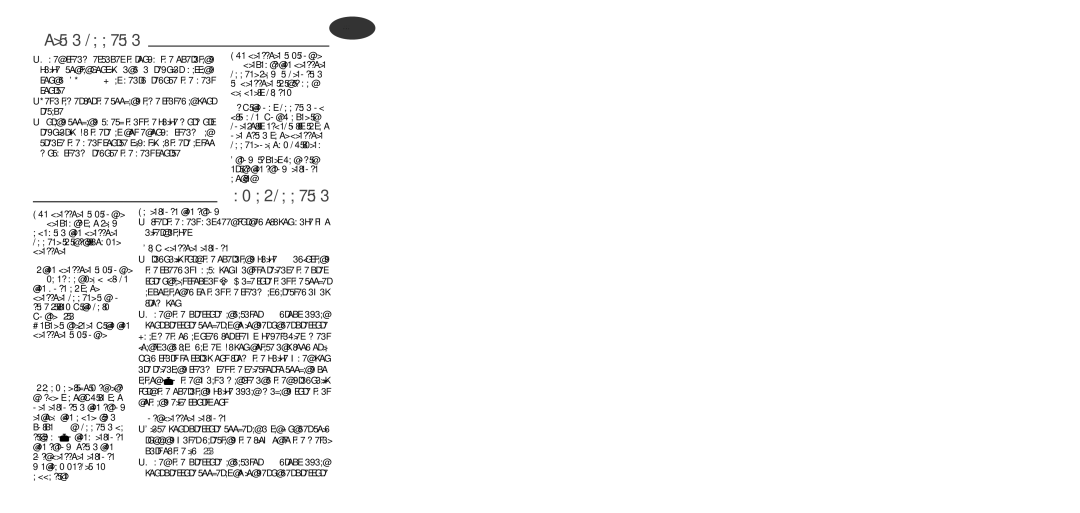P4394835, P4394831 specifications
Tefal is a brand synonymous with innovative cookware technologies that enhance cooking experiences and ensure healthy meals. Two notable frying pans from their innovative range are the Tefal P4394831 and P4394835. Both products showcase Tefal’s commitment to quality, performance, and modern culinary conveniences.The Tefal P4394831 is designed specifically for everyday cooking, featuring a robust non-stick coating that allows for effortless food release and easy cleaning. This frying pan has a functional 26 cm diameter, making it ideal for preparing a variety of dishes, from frying eggs to searing meats. One of its standout features is Tefal's iconic Thermo-Spot technology, which indicates when the pan has reached the perfect cooking temperature. This not only helps in achieving optimal cooking results but also ensures food is cooked evenly, retaining the essential flavors and nutrients.
The construction of the P4394831 incorporates durable materials, ensuring even heat distribution for consistent cooking results. The ergonomic handle provides a comfortable grip, making it easy to maneuver, whether you’re flipping pancakes or tossing vegetables. Additionally, this pan is compatible with various heat sources, including gas, electric, and ceramic hobs, adding to its versatility in the kitchen.
On the other hand, the Tefal P4394835 takes the non-stick experience a bit further. With a slightly larger size of 28 cm, it caters to larger meals or family cooking. Like the P4394831, it features the Thermo-Spot technology, ensuring perfect cooking performance every time. The non-stick coating on the P4394835 is enhanced with Tefal's advanced titanium technology, making it more resistant to scratches and extending its longevity. This makes the pan suitable for everyday use without the worry of wear and tear, giving home cooks confidence in their equipment.
Both products emphasize health-conscious cooking, requiring less or no oil, thus promoting a healthier lifestyle. They are also dishwasher safe, making clean-up a breeze after enjoyable meals. The sleek, contemporary design of both frying pans means they also look good while being practical.
In summary, the Tefal P4394831 and P4394835 pans provide exceptional cooking experiences with their innovative features, durable materials, and user-friendly design. With Tefal, you can cook with confidence, knowing that your culinary creations will be both delicious and healthy.

